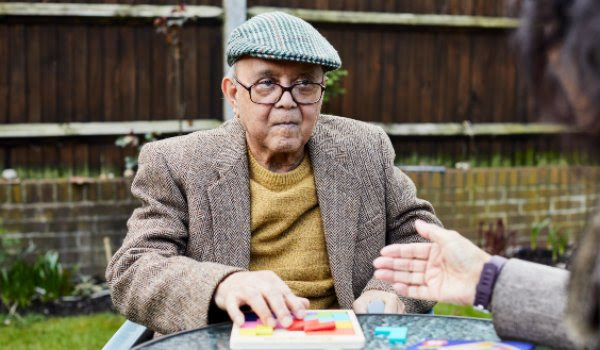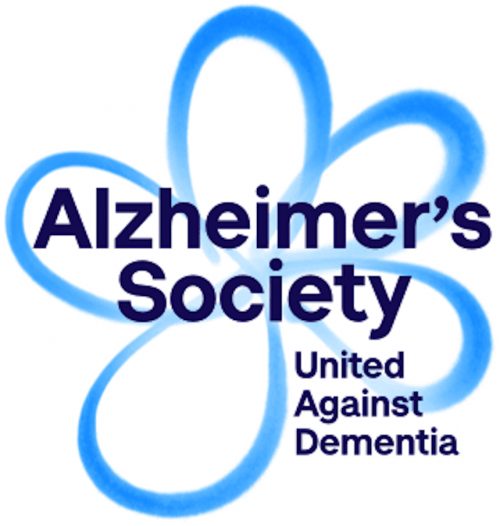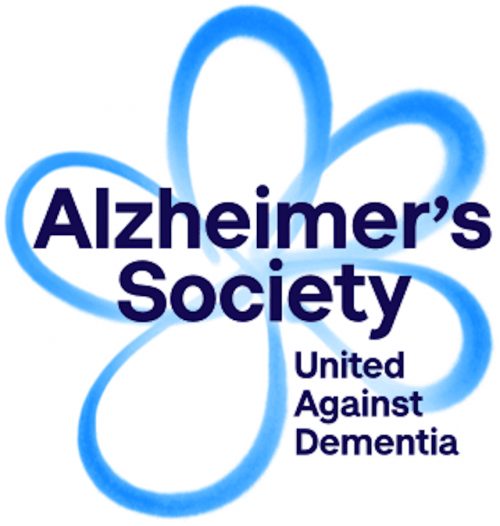From the ‘Alzheimer’s Society
Keeping people with dementia safe in care homes during coronavirus

As they have done throughout the pandemic, care homes are continuing to adapt to keep residents safe and well. This page has information on testing, vaccination, and other safety measures.
- You are here:Keeping people with dementia safe in care homes during coronavirus
- Care home visits during coronavirus
- Hospital visits during coronavirus
- If a person with dementia in a care home gets coronavirus
- End of life care during coronavirus while in a care home
- Why were care homes so badly affected by coronavirus?
Staff continue to work hard to keep coronavirus out of care homes, and protect residents, visitors and staff from getting coronavirus.
If you have questions or concerns about the arrangements in a particular care home, speak with the manager.
For details on the safety practices in place in care homes, see the latest government guidance.
What are care home staff doing to keep residents safe?
Care home staff wear PPE (personal protective equipment – gloves, plastic apron and face mask) when carrying out personal care such as washing or dressing on all residents. Staff also follow strict hygiene practices – for example, frequent hand washing, frequent cleaning of shared areas and keeping areas well ventilated.
When care home staff are wearing masks, this may be unsettling for people with dementia who can’t see familiar faces. Staff will be reassuring and may attach a labelled photo of themselves to their front, to make it easier for people to see who they are.
The vast majority of care home staff have now been vaccinated against COVID-19. While vaccination is no longer a requirement to work in a care home, most staff have had both vaccines, and all are being encouraged to have their booster.

Social distancing in care homes
Care homes are using creative ways to maintain and improve positive wellbeing while keeping residents at a safe distance from each other. These include:
- allowing more distance between people during group activities
- greater use of outdoor or garden areas – for example, for safe exercise or entertainment
- staggered mealtimes – so people can sit down with more spacing.
If changes to the person’s normal routine reduce their opportunities for activities or social contact, they may feel low or sad. Where people are asked to eat alone in their rooms they may eat and drink less. A person’s dementia may make the changes harder to understand and cause agitation, irritability or anxiety.
Visiting and keeping in touch with the person may help to reduce these problems.
Visiting arrangements
Care homes are now supporting safe face-to-face visits, supported by testing and other measures.
You can read more about the current care home visiting guidance, including our advice on visiting a person with dementia in a care home during coronavirus.
Testing for coronavirus
Not everyone with coronavirus has obvious or any symptoms, so testing is important to show who is or is not infected. Read our advice on testing.
Testing new care home residents
Everyone is now tested for coronavirus with a PCR test before becoming resident in a care home. This includes people returning to a care home and those who are going into a care home for the first time. The only exception to this is if someone is discharged from a care facility or hospital and they have had a positive test within the past 90 days. This is as long as they self-isolated after the positive result and have a normal immune response.
If someone receives a positive test result (meaning they have coronavirus) before leaving hospital, they will be sent to a dedicated place to isolate. These settings have extra infection control measures in place to prevent the transfer of the virus.
A negative test result means the person can be admitted directly to the care home. If they are being discharged from a hospital, they should not be isolated except in certain circumstances.
Residents coming into a care home from the community will not need to isolate, as long as:
- the person has been fully vaccinated, and at least two weeks has passed since their last vaccine
- local guidance about community transmission of variants of concern is followed
- the person admitted has no known contact with a COVID-positive person
- the care home has taken into account the circumstances at the person’s home, prior to admission
- the person has a negative PCR test before admission (within 72 hours), a PCR test on the day of admission.
If a resident cannot be tested, they should self-isolate as a precaution, in case they have coronavirus.
Testing existing care home residents and staff
Care homes should be able to access regular testing of all residents and staff (‘whole care home testing’), whether they have symptoms or not.
The home then knows which residents to isolate and which staff are OK to continue to work.
Testing care home visitors
Rapid on-site testing of visitors should be available. Some care homes will accept proof of a negative test result taken before arrival at the care home. These measures together with the new guidance for visiting care homes and testing has made it much easier for indoor face-to-face visits to be arranged more safely.

Checking for symptoms of COVID-19
Care home staff check all residents twice daily for symptoms of COVID-19. These may be a cough, fever or shortness of breath, but are more likely to be ‘atypical’ symptoms (for example, delirium, loss of appetite, reduced fluid intake or diarrhoea).
Where possible, staff are also checking people’s ‘vital signs’ (for example, temperature and heart rate) and their blood oxygen levels with a simple pulse oximeter. Low blood oxygen in an older person can be a better sign of severe COVID-19 than any other symptoms.
Read more about what happens if a person in a care home gets ill with coronavirus.
Isolating residents with coronavirus
To help prevent the virus from spreading, any care home resident who tests positive for coronavirus or has coronavirus symptoms will have to isolate.
A care home will need to isolate just a single person with coronavirus in their own room. Here, staff in PPE provide support such as with activities or eating – that would normally take place in shared areas of the home.
A person with dementia may find isolation like this particularly difficult. They may not understand or may forget that they need to stay in their room. Or they may be used to walking about. The home may be able to support them to do this safely.
Current guidance suggests that if there are multiple cases of residents who have tested positive for coronavirus, they should ideally be isolated in their own rooms. But if necessary, people can temporarily be placed in a shared room with others who also have the virus.
Where the home layout allows it, and there are several residents with coronavirus, some homes are separating people into different ‘zones’ for those with and without coronavirus. Different staff may then support people living in each zone. This will mean moving some people from their usual room, so will only be done if it is the best option.
Isolation of other care home residents
If someone in a care home tests positive for coronavirus, a risk assessment should be undertaken to see if all communal activities in the care home should be stopped for a short time.
If a fully vaccinated resident has been exposed to someone with possible or confirmed COVID-19, they can end their self-isolation as long as they receive three consecutive negative lateral flow tests taken on days 4, 5 and 6.
Unvaccinated residents can end their isolation if they receive three consecutive negative lateral flow tests taken on days 6, 7 and 8.
Any resident who is unable to test – regardless of their vaccination status – should self-isolate for 10 days.
During this period, they should:
- continue to follow all outbreak measures, even where they have tested negative
- avoid contact with other highly vulnerable residents in the care home, wherever possible.
See the government guidance on Admission and care of residents in a care home during COVID-19 for more information.

